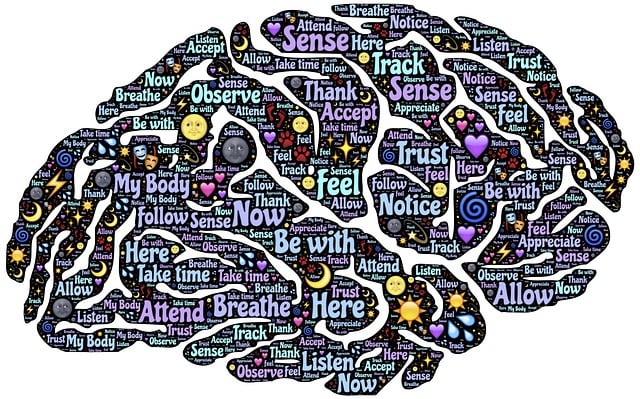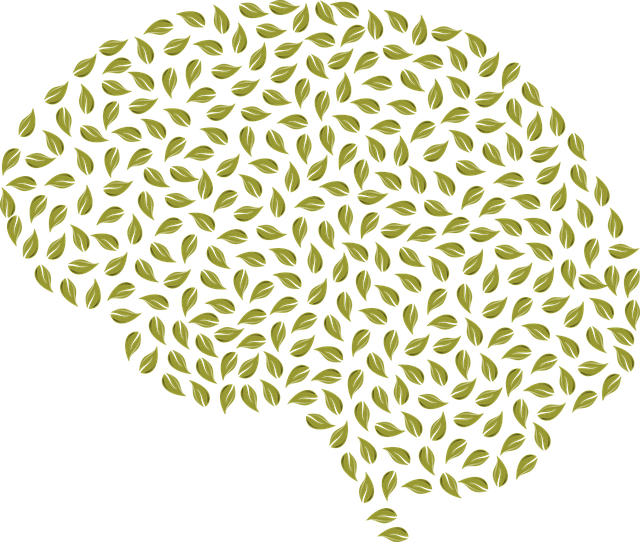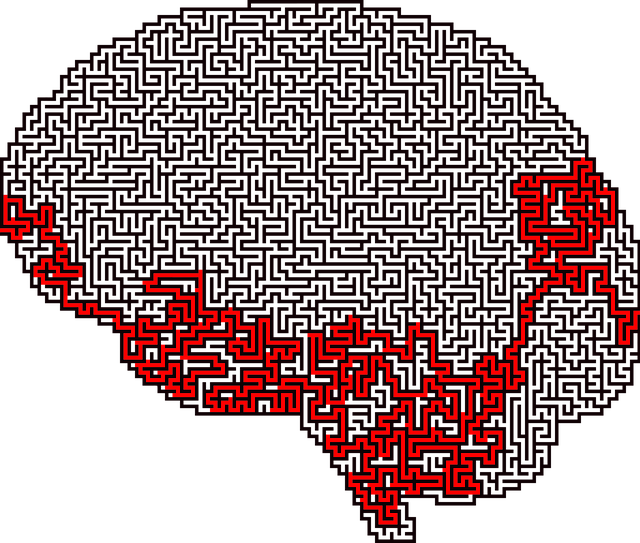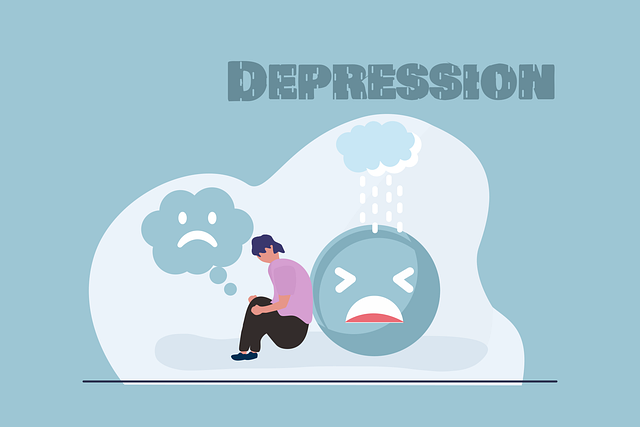In response to growing demand for mental wellness support in bustling areas like Highlands Ranch, tailored coaching programs, such as the Highlands Ranch Self-Esteem Therapy Program, are emerging as vital tools. This program focuses on self-awareness, resilience, and healthy coping strategies using evidence-based practices like CBT and mindfulness techniques. By integrating interactive activities, journaling exercises, and coping skills development, the program empowers individuals to thrive, prevent burnout, and foster lasting positive changes, addressing unique community needs in a nurturing environment. Continuous improvement is measured through standardized assessments and client feedback, ensuring tailored strategies for specific areas of growth.
Mental wellness coaching programs, such as the Highlands Ranch Self-Esteem Therapy initiative, are gaining prominence as essential tools for promoting psychological well-being. This article explores the development and implementation of effective coaching programs, focusing on self-esteem therapy. We delve into understanding the growing need, designing tailored interventions, and providing practical strategies for coaches. Additionally, we discuss methods to measure success and encourage continuous improvement in these transformative therapies, specifically addressing the unique challenges faced by the Highlands Ranch community.
- Understanding the Need for Mental Wellness Coaching Programs
- Designing a Highlands Ranch Self-Esteem Therapy Program
- Implementation Strategies for Effective Coaching Sessions
- Measuring Success and Continuous Improvement in Self-Esteem Therapy
Understanding the Need for Mental Wellness Coaching Programs

In today’s fast-paced world, the demand for mental wellness coaching programs has been on the rise, especially in areas like Highlands Ranch Self-Esteem Therapy. The concept of burnout prevention is no longer a niche concern but a critical aspect of overall well-being. Mental wellness is not just about the absence of mental illness; it encompasses the ability to thrive and find purpose amidst life’s challenges. Recognizing this shift, the development of tailored coaching programs plays a pivotal role in empowering individuals to navigate their mental health journeys effectively.
By implementing Mental Wellness Coaching Programs Development, communities can address the growing need for support beyond traditional therapy models. These programs focus on enhancing self-awareness, building resilience, and fostering healthy coping mechanisms. In Highlands Ranch and surrounding areas, where stress levels often mirror those of bustling urban centers, such initiatives can provide a much-needed sanctuary. The ultimate goal is to create an environment that encourages individuals to prioritize their mental wellness, thereby preventing burnout and promoting lasting positive changes.
Designing a Highlands Ranch Self-Esteem Therapy Program

In designing a Highlands Ranch Self-Esteem Therapy Program, mental wellness coaches must consider tailored strategies to address the unique needs of their community. Starting with an assessment of local cultural and socioeconomic factors, as well as existing mental health resources, ensures the program resonates with participants. Incorporating evidence-based practices like cognitive behavioral therapy (CBT) and mindfulness techniques can significantly boost self-esteem by challenging negative thought patterns and promoting positive self-talk.
The Highlands Ranch Self-Esteem Therapy Program should also prioritize interactive and engaging activities that foster coping skills development and empathy building strategies. Group discussions, role-playing scenarios, and creative expression exercises allow participants to explore their feelings, build supportive connections, and develop resilience. By integrating these components within a nurturing environment, the program facilitates personal growth, enhances overall mental wellness, and empowers individuals to lead fulfilling lives.
Implementation Strategies for Effective Coaching Sessions

To ensure effective coaching sessions, several implementation strategies can be employed within a Highlands Ranch Self-Esteem Therapy framework. One key approach is to integrate Mental Wellness Journaling Exercise Guidance, encouraging clients to reflect on their thoughts and emotions regularly. This practice not only deepens self-awareness but also provides tangible evidence of progress over time. Coaches can guide clients through reflective exercises tailored to their unique needs, fostering a sense of accomplishment and empowering them to take charge of their mental wellness.
Additionally, focusing on Coping Skills Development is essential for long-term success. Coaches can teach various Stress Reduction Methods, such as mindfulness techniques, breathing exercises, and progressive muscle relaxation. By equipping clients with these tools, they gain effective strategies to navigate challenging situations and maintain a sense of balance. Regularly reviewing and practicing these coping skills in coaching sessions ensures that clients remain supported even between formal appointments.
Measuring Success and Continuous Improvement in Self-Esteem Therapy

Measuring success and fostering continuous improvement are integral aspects of any effective mental wellness coaching program, particularly in the realm of Highlands Ranch Self-Esteem Therapy. The journey towards enhancing self-esteem involves a multifaceted approach, and coaches play a pivotal role in monitoring progress and tailoring strategies accordingly. One powerful metric is the consistent assessment of clients’ self-perception and emotional well-being through various techniques, including standardized psychological assessments and qualitative feedback mechanisms.
By combining quantitative data with qualitative insights gathered from client reflections, journal entries, and open discussions, coaches can identify specific areas of growth and pinpoint areas that require further emphasis. For instance, empathy building strategies, a cornerstone of Highlands Ranch Self-Esteem Therapy, can be evaluated through active listening exercises and regular check-ins, allowing for immediate adjustments to better support clients’ emotional needs. Additionally, mental health policy analysis and advocacy skills developed during coaching sessions can be measured by tracking clients’ increased confidence in advocating for their own mental wellness, as reflected in their journal entries and real-life applications.
The development of mental wellness coaching programs, as exemplified by the successful implementation of the Highlands Ranch Self-Esteem Therapy program, is a vital step towards fostering holistic well-being. By combining strategic design, effective session delivery, and continuous improvement, these programs can significantly enhance individuals’ self-esteem and overall mental resilience. As the demand for accessible therapy continues to grow, understanding and refining coaching strategies are essential to creating impactful and sustainable change in the lives of those seeking support.














